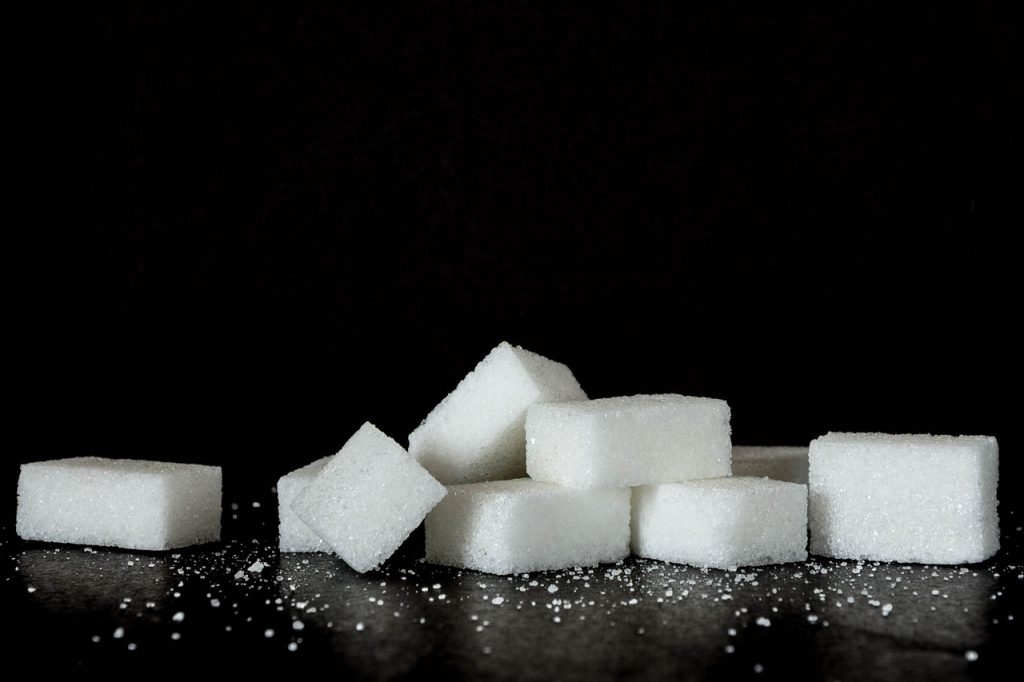The World Health Organization (WHO) recently declared that the artificial sweetener “aspartame” has been classified as “probably carcinogenic,” putting it in the same risk category as inhaling engine exhaust, working in a dry cleaner, or consuming certain pickled vegetables.
Boston, MA (Merxwire) – In 2020, 10 million people died from cancer, one of the leading causes of death worldwide. Cancer is inseparable from the refined diet that modern people love, but there are many cancer-causing foods in life now. In July this year, WHO announced that consuming artificial sugar aspartame may cause cancer (Group 2B of the International Agency for Research on Cancer).
Aspartame is an artificial chemical sweetener. Because it has no calories and high sweetness, it is widely used in diet and sugar-free foods, such as diet soda, chewing gum, toothpaste, or medicine. Since its invention in the 1980s, it has been used in over 6,000 products and is currently one of the most commonly used artificial sweeteners.
As early as 2020, scientists researched aspartame. A study from Italy found that aspartame may cause leukemia and lymphoma in mice, but the experiment was limited to animals, and no relationship between aspartame and cancer was found in other animals. An observational study of 100,000 adults until 2022 in France found that those who consumed foods or beverages containing a large amount of artificial sweeteners had a higher risk of developing cancer. However, since most of the experimental procedure relied on the subjects’ self-recording, it was not considered reliable.

There are still many products on the market that contain aspartame. Is aspartame safe to eat? Currently, aspartame is a legal additive in the United States and EU countries, and the World Health Organization has not adjusted the dosage, that is, the acceptable daily intake (ADI) is 0-40 mg/kg body weight. This data means that it is safe to consume 40 mg of aspartame per kilogram of body weight per day, which is equivalent to the need for a person weighing 68 kg to drink more than ten cans of diet soda a day to overdose. Most people’s daily drinks and chewing gum do not exceed the maximum safe intake, so worrying too much is unnecessary.
Regular consumption of foods containing sugar substitutes because of fear of getting fat is not beneficial to health. Biaspartame does not have the nutrients needed for a healthy diet and does not directly aid weight loss. If there is a need for weight loss or slimming, it is recommended to choose low-calorie, less-processed prototype foods, and fresh fruits and vegetables, the effect may be better.






